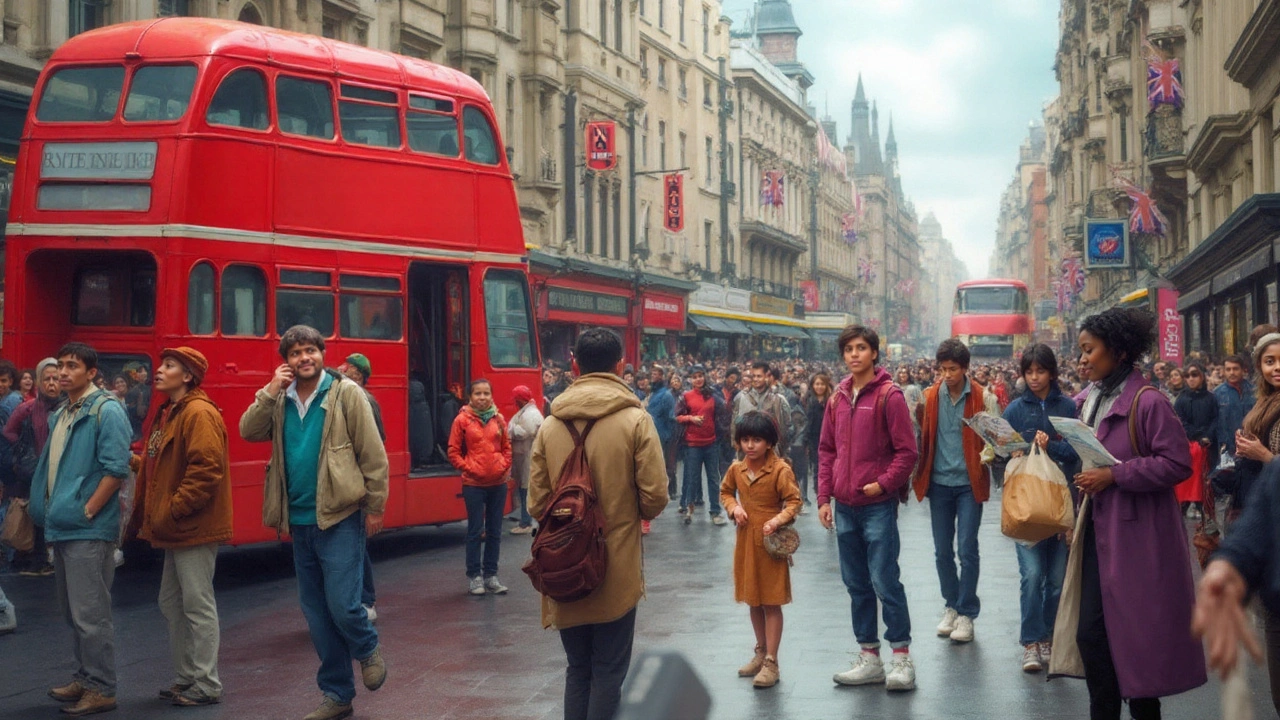UK Culture: What Makes Britain Tick?
If you’ve ever wondered why Brits order a "cup of tea" after a rainstorm or say they’ll meet you at the weekend, you’re not alone. The United Kingdom packs centuries of history into everyday habits, and those habits shape how locals travel, relax, and talk. Below you’ll get a quick tour of the most recognizable bits of UK culture, plus practical advice for visitors who want to blend in without sounding like a tourist.
Language quirks you’ll hear on the streets
One of the first things that trips newcomers is the way Brits use prepositions with time. They’ll say “at the weekend” instead of the American “on the weekend.” The reason isn’t grammar gymnastics; it’s a regional habit that dates back to older forms of English. When you hear it, just nod and reply in kind – it signals you’ve picked up a local nuance.
Another classic: “cheers” works as a thank‑you, a goodbye, and a toast. So if someone hands you a ticket, a quick “cheers” tells them you appreciate it. And don’t be surprised when a shop assistant offers you a cup of tea without asking – it’s more hospitality than a sales pitch.
Holiday traditions and where to spend them
Winter in the UK isn’t just about Christmas lights. Many families head to the countryside for a “Boxing Day” walk, using the day after Christmas to burn off the feast. If you’re looking for a relaxed break, the secluded villages in the Lake District or the quiet beaches of Cornwall provide exactly the calm the locals crave. Places like the “most relaxing spots in the UK” often combine gentle scenery with low‑key pubs where you can sip a cider and chat about the weather.
Speaking of weather, British holidays tend to be budget‑friendly. A typical UK holiday budget covers modest accommodation, local transport, and a few treats – think a fish‑and‑chips dinner rather than a five‑star restaurant every night. By planning ahead, you can stretch your money much further than you’d think; the average UK holiday cost breaks down into roughly £50‑£70 per day for a couple.
Tourism brings both benefits and challenges. While the influx of visitors boosts local economies, it can also strain historic towns, leading to issues like overcrowding and higher rent for residents. Understanding this balance helps you travel responsibly – choose off‑peak dates, support family‑run inns, and respect quiet zones.
Finally, remember that British culture isn’t static. New slang pops up on TikTok, regional foods evolve, and travel trends shift. Stay curious, ask friendly locals about their favourite spot, and you’ll quickly feel like part of the community.
Whether you’re sipping tea in a London café, strolling through a sleepy village, or debating whether to say “at the weekend,” immersing yourself in UK culture makes every trip more rewarding. So pack your curiosity, mind your manners, and enjoy the mix of tradition and modern flair that only Britain can offer.
Categories
Archives
Recent Posts
- Does All-Inclusive End When You Check Out?
- How Long Is the Average American Vacation? What You Need to Know Before Booking Last Minute Holidays
- Love Holidays: How to Cancel Your Hotel but Keep Your Flights
- Which State Has the Highest Rate of Healthy Relationships in America?
- Alternative Christmas Ideas: How to Celebrate Without Family

Menu